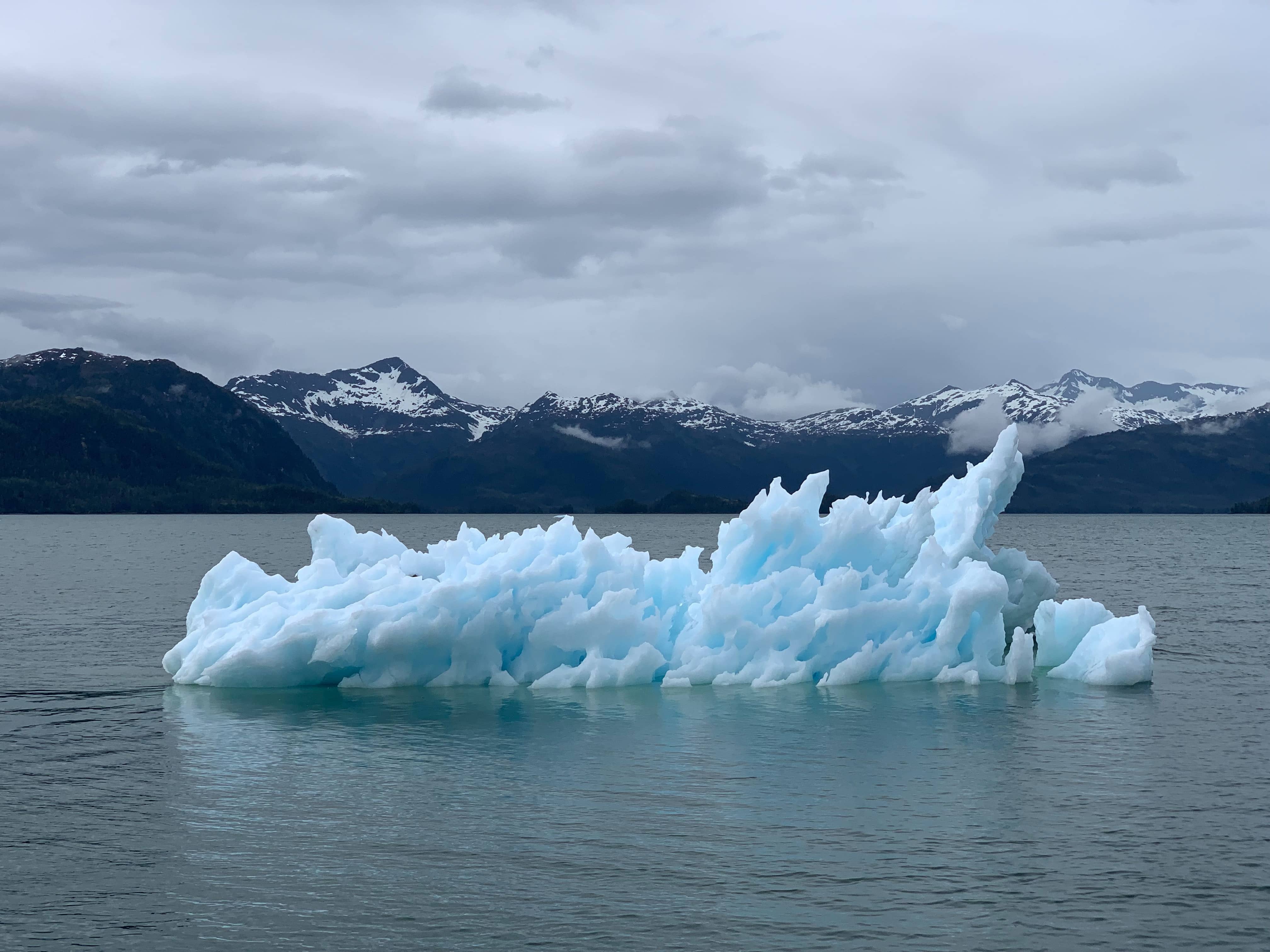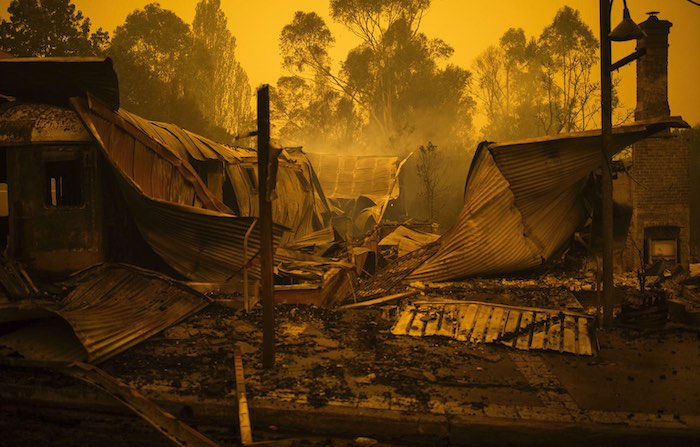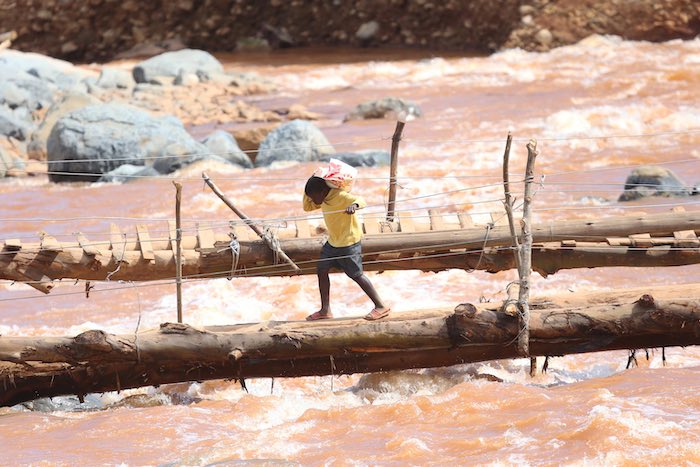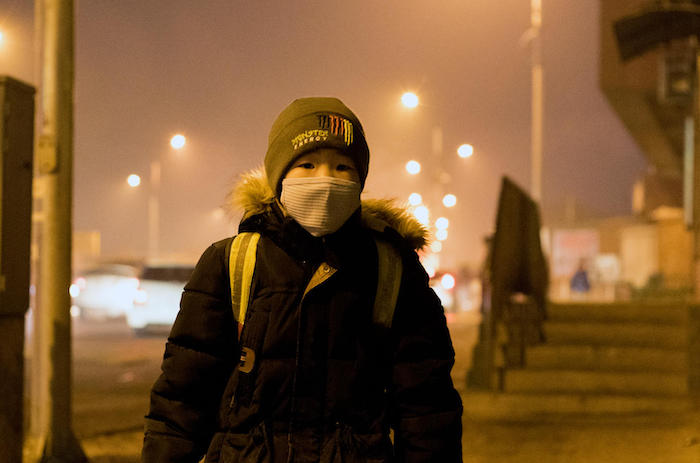
CLIMATE CHANGES
Droughts, floods, wildfires, hurricanes and other extreme weather events related to climate change are multiplying in frequency and ferocity, endangering communities, creating food insecurity and threatening water supplies. As temperatures rise and seasons become more unpredictable, children are increasingly aware that though they are least responsible for the unfolding environmental crisis, they are the ones who are most threatened by its impact.
In September 2019, when environmental activist Greta Thunberg and other children of all ages sounded the alarm on climate change, UNICEF heeded their distress — and helped them get their message across.
“Children are essential actors in responding to the climate crisis,” said Gautam Narasimhan, UNICEF Senior Advisor on Climate Change, Energy and Environment. “We owe it to them to put all our efforts behind solutions we know can make a difference, such as reducing vulnerability to disasters, improving the management of water resources and ensuring that economic development does not happen at the expense of environmental sustainability.”
UNICEF also believes we all owe it to children to put their needs front and center when decisions that affect their future are made. Without sufficient urgent investment, children’s lives are at stake.


Savage bushfires have left a trail of destruction across large swaths of Australia, wreaking havoc on families, communities and wildlife. © UNICEF/UNI267457/Davey/AFP-Services
Around 160 million children live in areas experiencing high levels of drought. In 2019, extended drought and global warming exacerbated the wild forest and peatland fires that put nearly 10 million children at risk from air pollution in Indonesia. Scientists also blamed global warming for the Australian bushfires that have taken a devastating toll on families and children and killed more than a billion animals.
Flooding from extreme weather poses a very high risk to an estimated 503 million children as a result of the growing severity of cyclones, hurricanes, storms and rising sea levels.
The number of children displaced by extreme weather events in the Caribbean has increased six-fold in the past five years. From 2014 to 2018, 761,000 children were internally displaced in the region, up from 175,000 between 2009 and 2013.


A young boy, who lost both his parents to Cyclone Idai, crosses what’s left of a bridge near where homes used to be in eastern Zimbabwe’s Chimanimani District. © UNICEF/UN0303168/Mukwazhi/UNICEF
Weather-related disasters are especially devastating for girls, increasing the risk that they will drop out of school, be compelled to marry and fall victim to trafficking, sexual exploitation and abuse.
Around the world, the environmental crisis is making children sick —nearly 90 percent of those who fall ill as a result of climate change are under age 5. Fluctuating temperatures, precipitation and humidity are the perfecting breeding conditions for the mosquitoes that transmit deadly diseases.


Data from Mongolia’s National Statistics Office show that in some parts of the country, people breathed polluted air for 339 days in 2018. A face mask protects this boy as he heads to school. © UNICEF/UN0154526/Batbaatar
Carbon emissions and other greenhouse gases are particularly toxic to children, 600,000 of whom die every year from pneumonia and other respiratory problems before their fifth birthday.
Since the early 1990s, UNICEF and partners have supported disaster preparedness and risk reduction programs to make vulnerable communities more resilient. UNICEF works with partners around the world to identify and implement affordable, scalable solutions that will help curb the impact of climate change, and enable us to leapfrog to cleaner, more sustainable economies.
Credit to : https://www.unicefusa.org/mission/climate-change
